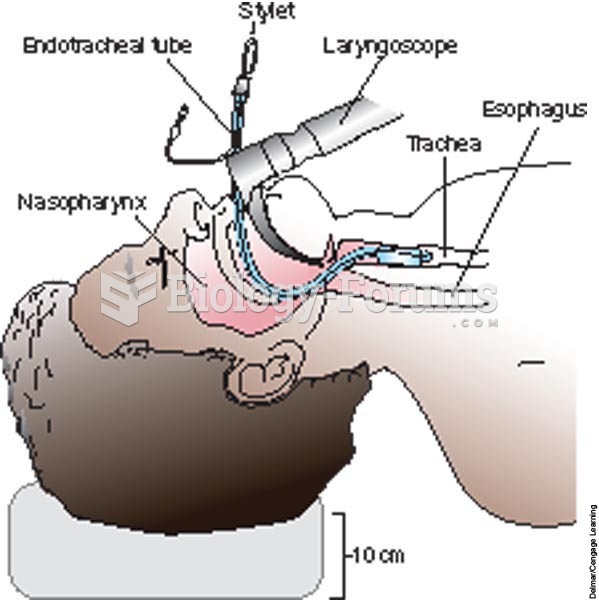|
|
|
Hippocrates noted that blood separates into four differently colored liquids when removed from the body and examined: a pure red liquid mixed with white liquid material with a yellow-colored froth at the top and a black substance that settles underneath; he named these the four humors (for blood, phlegm, yellow bile, and black bile).
More than 2,500 barbiturates have been synthesized. At the height of their popularity, about 50 were marketed for human use.
The ratio of hydrogen atoms to oxygen in water (H2O) is 2:1.
Stroke kills people from all ethnic backgrounds, but the people at highest risk for fatal strokes are: black men, black women, Asian men, white men, and white women.
If you could remove all of your skin, it would weigh up to 5 pounds.







